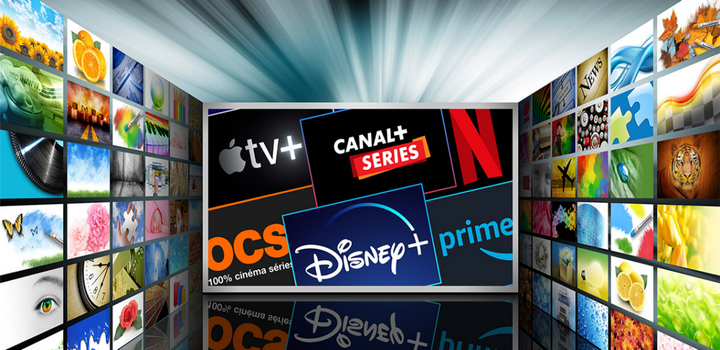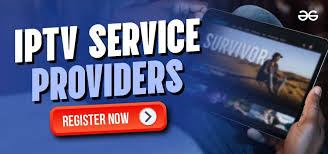In 'n era waar digitale transformasie die manier waarop ons inhoud verbruik vorm, Internet Protokol televisie (IPTV) stands out as a game-changing technology. By delivering television programming through the Internet instead of traditional satellite or cable formats, best iptv has revolutionized how we access, view, and interact with video content. This article explores the key components, advantages, and challenges of IPTV, highlighting its potential to reshape the television landscape.
Wat is IPTV?
IPTV staan vir Internet Protocol Television, a system that transmits television programming using the same Internet Protocol (IP) used for web browsing and online communication. This technology allows users to stream content over their broadband Internet connection, providing a seamless and flexible viewing experience. Unlike traditional broadcast methods that send signals to televisions via antennas or cables, IPTV delivers content directly to devices connected to the Internet, such as smart TVs, computers, tablette, en slimfone.
Hoe werk IPTV?
The functioning of IPTV involves several key components:
- Inhoudafleweringsnetwerk (CDN): IPTV relies on CDNs to efficiently distribute content to viewers. These networks consist of a series of servers strategically located to minimize latency and ensure smooth streaming.
- Set-Top Box (STB): Users often need an STB to decode the signal received from the Internet and display it on their TV screens. Maar, many modern devices, like smart TVs and streaming devices, have integrated IPTV functionality.
- IP-Based Protocols: IPTV uses various IP-based protocols, such as HTTP, RTP, and RTSP, to facilitate the delivery of video and audio content. These protocols ensure that the content is delivered reliably and efficiently.
- Multicast Streaming: One of the advantages of IPTV is its ability to deliver multicast streams. This means that multiple users can access the same content simultaneously without overwhelming the network, which is a common challenge in traditional broadcasting.
Voordele van IPTV
- Variety of Content: IPTV offers a wide range of programming options, from live television to on-demand movies and series. Users can access niche channels and global content that may not be available through traditional cable services.
- Flexibility and Control: Viewers have greater control over their viewing experience. With features like pause, terugspoel, and fast-forward, IPTV allows users to watch shows on their own terms, making it a more personalized experience.
- Hoë-gehalte streaming: IPTV can deliver high-definition (HD) and ultra-high-definition (UHD) content, providing viewers with an exceptional viewing experience. Advanced compression technologies help reduce buffering and improve streaming quality.
- Cost-Effective: Many IPTV services offer competitive pricing compared to traditional cable packages. With the ability to customize subscriptions and access content without long-term contracts, users can save money.
- Interactivity: IPTV can incorporate interactive features such as video on demand (VOD), live chat, and integrated social media, enhancing viewer engagement and providing additional content discovery options.
Challenges of IPTV
While IPTV presents numerous advantages, it also faces several challenges:
- Dependence on Internet Connection: IPTV requires a stable and fast Internet connection. Users with slow or unreliable broadband may experience buffering or degraded video quality.
- Legal and Licensing Issues: Many IPTV providers operate in a legal gray area, especially those offering access to premium content without proper licensing. This can result in service interruptions or legal actions against providers.
- Security Concerns: With the rise of IPTV services, security risks such as piracy and data breaches have become more prominent. Ensuring the security of content and user data is crucial for providers.
- Compatibility Issues: While many devices support IPTV, not all smart TVs or set-top boxes are compatible with every IPTV service. Users may face challenges in finding the right equipment to access their desired content.
The Future of IPTV
Soos tegnologie voortgaan om te ontwikkel, the future of IPTV looks promising. With advancements in 5G networks, the potential for even higher-quality streaming and lower latency is on the horizon. Verder, as more viewers shift towards online content consumption, traditional television networks are increasingly adopting IPTV models, leading to a hybrid approach that combines the best of both worlds.
Ten slotte, IPTV represents a significant evolution in how we consume television content. Its advantages, such as flexibility, verskeidenheid, and cost-effectiveness, make it an appealing choice for many viewers. Maar, uitdagings bly, particularly concerning legal issues and reliance on robust Internet connections. As the technology matures and the landscape evolves, IPTV is set to play a pivotal role in the future of entertainment.






